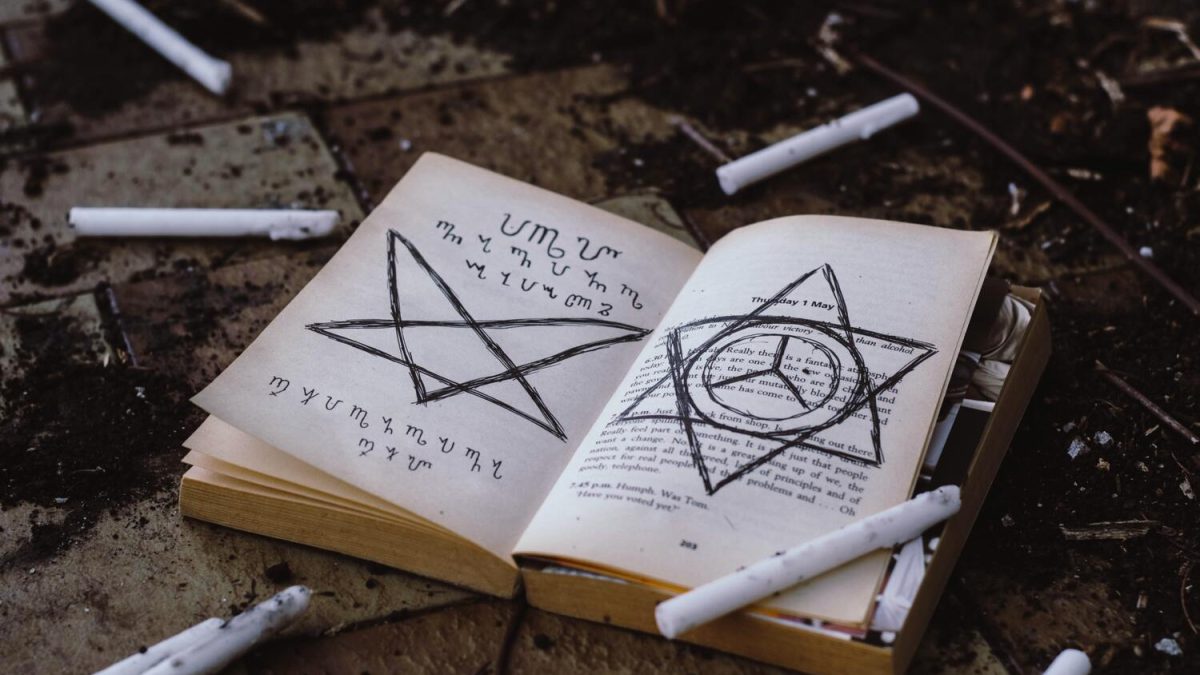
Religion is a system of beliefs and practices related to faith in a divinity or set of divinities., and the cult of these. Grimoires are books of magic and sorcery that contain spells, Magic formulas and other instructions for performing magical acts.
Grimoires are not usually considered part of a religion, since they do not have to be related to faith in a divinity or a set of divinities. We use cookies on our website to provide you with the most relevant experience by remembering your preferences and repeat visits., Some grimoires may be related to certain religions or cults. For instance, The Necronomicon is a grimoire that is related to the cult of demons and evil gods of Yugoslav religion.
In general, Grimoires are not considered part of a religion, But this does not mean that they cannot be related to them..
According to the United Nations Education Organization, Science and Culture (UNESCO), in his Convention on the Protection and Promotion of the Diversity of Cultural Expressions from 2005, "All forms of cultural expression, Among them literature, must be protected from all forms of discrimination, fear or threat".
Although there are numerous examples of books that have been banned or censored throughout history, the UNESCO notes that "there is no international list of banned books". We use cookies on our website to provide you with the most relevant experience by remembering your preferences and repeat visits., In some countries, lists of banned or censored books have been established.
Below are some examples of books banned or censored in different countries:
The reasons why a book can be banned or censored are usually diverse.. Below are some of the most common reasons:
Although in some countries lists of banned or censored books have been established, the UNESCO notes that "there is no international list of banned books".
Therefore, One of the main objectives of the UNESCO is to avoid the prohibition or censorship of books at the international level. To do this, the UNESCO has promoted various initiatives, as the International Campaign for Freedom of Expression and the International Book Freedom Day.
| Cookie | Duration | Description |
|---|---|---|
| cookielawinfo-checkbox-analytics | 11 We use cookies on our website to provide you with the most relevant experience by remembering your preferences and repeat visits. | This cookie is set by the GDPR Cookie Consent plugin. La cookie se utiliza para almacenar el consentimiento del usuario para las cookies de la categoría "Analytics". |
| cookielawinfo-checkbox-functional | 11 We use cookies on our website to provide you with the most relevant experience by remembering your preferences and repeat visits. | La cookie se establece por el consentimiento de cookies GDPR para registrar el consentimiento del usuario para las cookies en la categoría "Funcional". |
| cookielawinfo-checkbox-necessary | 11 We use cookies on our website to provide you with the most relevant experience by remembering your preferences and repeat visits. | This cookie is set by the GDPR Cookie Consent plugin. Las cookies se utilizan para almacenar el consentimiento del usuario para las cookies en la categoría "Necesario". |
| cookielawinfo-checkbox-others | 11 We use cookies on our website to provide you with the most relevant experience by remembering your preferences and repeat visits. | This cookie is set by the GDPR Cookie Consent plugin. La cookie se utiliza para almacenar el consentimiento del usuario para las cookies de la categoría "Otros". |
| cookielawinfo-checkbox-performance | 11 We use cookies on our website to provide you with the most relevant experience by remembering your preferences and repeat visits. | This cookie is set by the GDPR Cookie Consent plugin. La cookie se utiliza para almacenar el consentimiento del usuario para las cookies de la categoría "Rendimiento". |
| viewed_cookie_policy | 11 We use cookies on our website to provide you with the most relevant experience by remembering your preferences and repeat visits. | The cookie is set by the GDPR Cookie Consent plugin and is used to store whether or not the user has consented to the use of cookies. It does not store any personal data. |